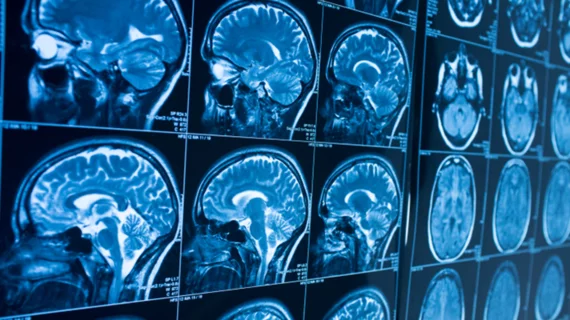Scientists with Case Western Reserve University are working to develop an artificial intelligence-based alternative to chemical imaging contrast agents, the Cleveland institution announced Wednesday.
CWRU recently scored a four-year, $1.125 million grant from the National Science Foundation to help fuel its work. They hope to create a new approach during CT, MR and X-ray exams, enhancing images without injecting substances such as gadolinium.
“Virtual contrast-enhanced imaging could save time and money while continuing to provide the best care to patients,” project leader Shuo Li, PhD, an associate professor at the Case School of Engineering, said in a Jan. 3 announcement.
Contrast enhancement is the gold standard for diagnosing many diseases, Li and colleagues noted. However, costs, potential shortages and side effects can pose “significant challenges” for providers. They hope to leverage the engineering and medical expertise of the research team to create a new chemical-free “AI contrast agent.” The team is particularly focused on the development and validation of new models for use during MR exams, according to the announcement.
Other experts with the Case Center for Imaging Research participating in the project include radiologists Leonardo Kayat Bittencourt, MD, PhD, who also is vice chair of innovation, and Sree Harsha Tirumani, MD, a clinical associate professor in CWRU’s Department of Radiology.

